Purpose, Patience and Ability = “Genius”
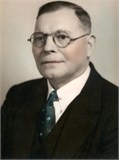
“Someone has defined genius as intensity of purpose: the ability to do, the patience to wait. . . . Put these together and you have genius, and you have achievement.”
–Leo J. Muir (American Educator and Prominent Member of the Church of Jesus Christ of Latter Day Saints, 1880-1967)
Delighting in Genius
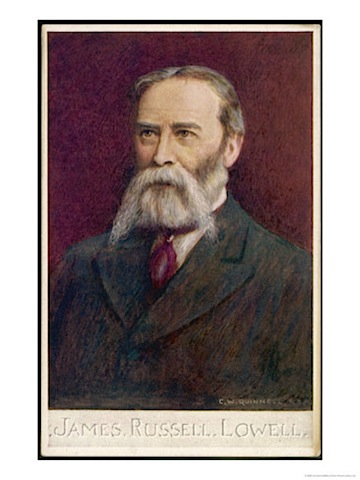
“There is no work of genius which has not been the delight of mankind, no word of genius to which the human heart and soul have not, sooner or later, responded.”
–James Russell Lowell (American Editor, Poet and Diplomat, 1819-1891)
Another Side of Genius
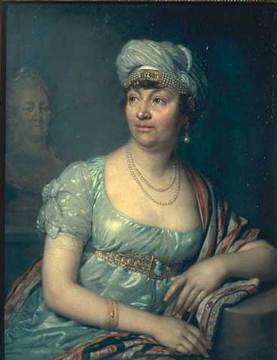
“Genius inspires this thirst for fame: there is no blessing undesired by those to whom Heaven gave the means of winning it.”
–Madame de Staël (a.k.a. Baronne Anne Louise Germaine de Stael-Holstein, French Social Leader and Writer, 1766-1817)

“Corinne, or Italy (Oxford World’s Classics)” (Madame de Staël)
Enthusiasm and Genius
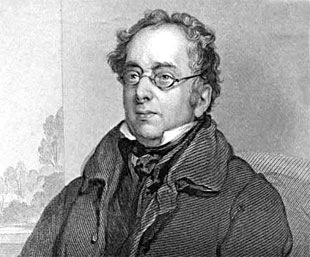
“Enthusiasm is that secret and harmonious spirit which hovers over the production of genius.”
–Isaac D’Israeli (English Historian, Critic and Father of a Future British Prime Minister, 1766-1848)
Genius Is Process
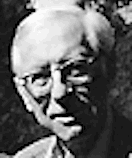
“Genius is not a function of genes or hormonal influences. Genius is process. It is correlated to the individual’s life cycle. Genius is dependent upon what the individual is doing or is determined to do with his or her native endowment.”
–Jan Ehrenwald (Hungarian-born American Physician, Psychiatrist, Parapsychologist and Writer, 1900-1988)
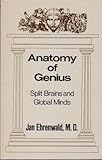
“Anatomy of Genius: Split Brains and Global Minds” (Jan Ehrenwald)
Mastering Chess: Genes or Environment?
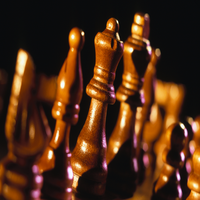
It is always interesting to look at people who have excelled at something to see what we can learn.
I recently talked about the new research indiating that there are some genes that have some impact on intelligence.
There is an interesting article in today’s New York Times, entited, “Nature? Nurture? Never Mind. Here’s a Sister Act to Watch,” by Dylan Loeb McClain. He has this to say:
“Siblings who are elite chess players are rare. The best known are probably the Polgar sisters of Hungary. Susan, the eldest, is a grandmaster and former women’s world champion. Sofia is an international master. And Judit, the youngest, is the best woman player in history.
Other notable chess-playing siblings have included the Byrne brothers, Robert, a grandmaster and the longtime columnist for The New York Times, and Donald, an international master who died at 45; and Gregory Shahade, an international master, and Jennifer Shahade, a two-time United States women’s champion, who were taught chess by their father, Michael, a master.
Why so few elite sibling players? Is it simply because it is highly unlikely for a single family to produce multiple elite players? Or do most siblings have different interests?
The questions go to the heart of a familiar debate: Is chess talent innate or nurtured?
In his popular book “The Immortal Game,” David Shenk said great chess players were made, not born, writing, “Cognitive chess research punctured the longstanding myth of the chess prodigy, the born genius.”
The best players, Shenk wrote, are the product of intensive study and training. He said the Polgar sisters, who were raised by their father, Laszlo, from an early age to be chess players, were a prime example.
Shenk recounts an episode years ago in which Susan was studying with an international master and they had a problem they could not solve. They woke up young Judit, who, half-asleep, found the solution immediately and went back to bed.
Aren’t the varying levels of talent among the Polgar sisters, who all presumably had the same training, evidence of innate differences? Possibly.
A pair of sisters who have been making a big splash lately do not seem to be separated by ability, at least so far. Nadezhda and Tatiana Kosintseva of Russia are ranked No. 14 and No. 24 in the world among women. But at the European championships, which concluded April 15, Tatiana ran away from a large field, finishing two points ahead of her sister.”
There is undobtedly some set of genes that increase the chance that someone will be good at some game or other, whether it is chess or golf. But there is also the family, school or club that can help someone to realize their true potential.
But even if the genes aren’t all there, you can still become highly competent if you have learned how to learn and if you have learned the arts of patience, perseverance and persistence.
Biology is not destiny!







